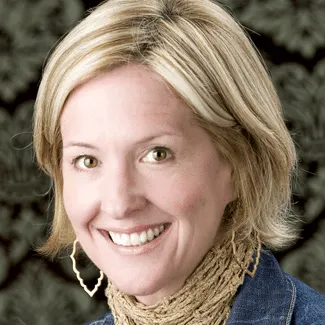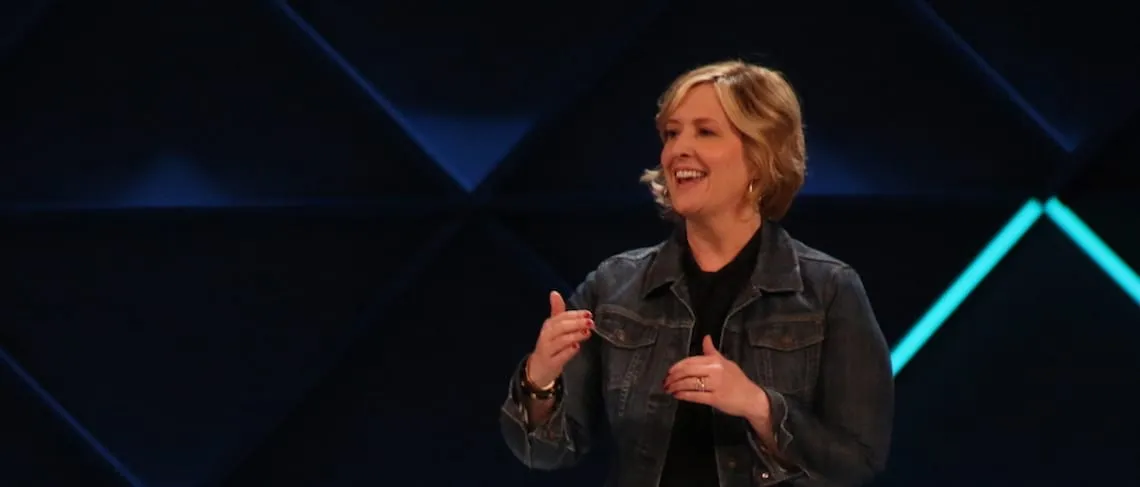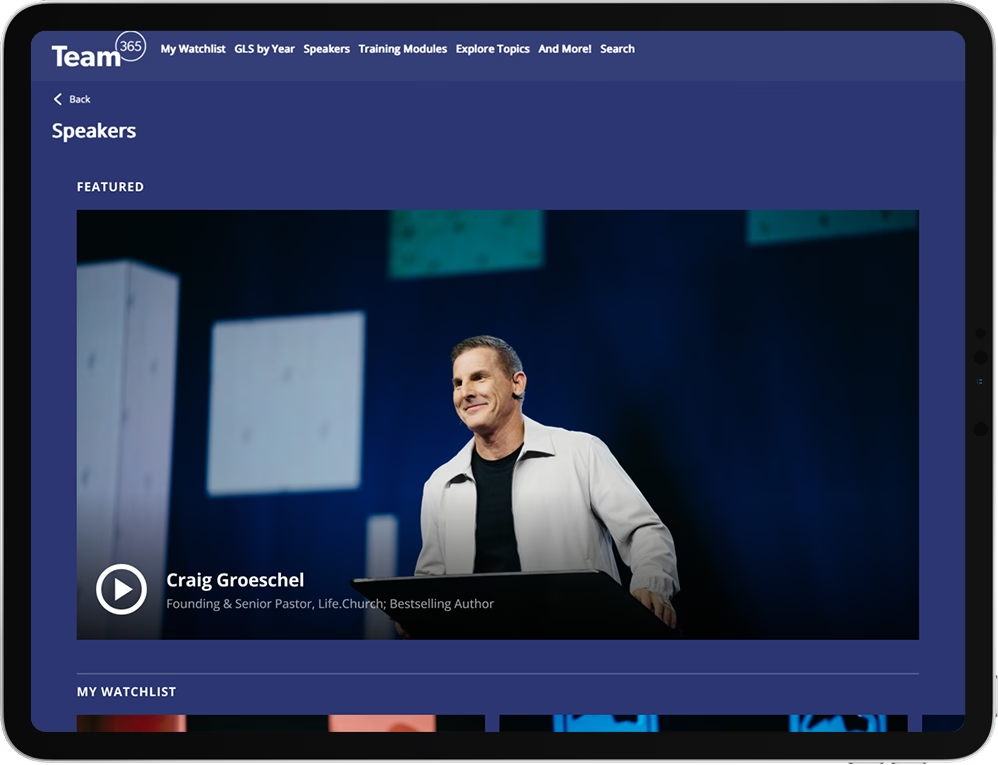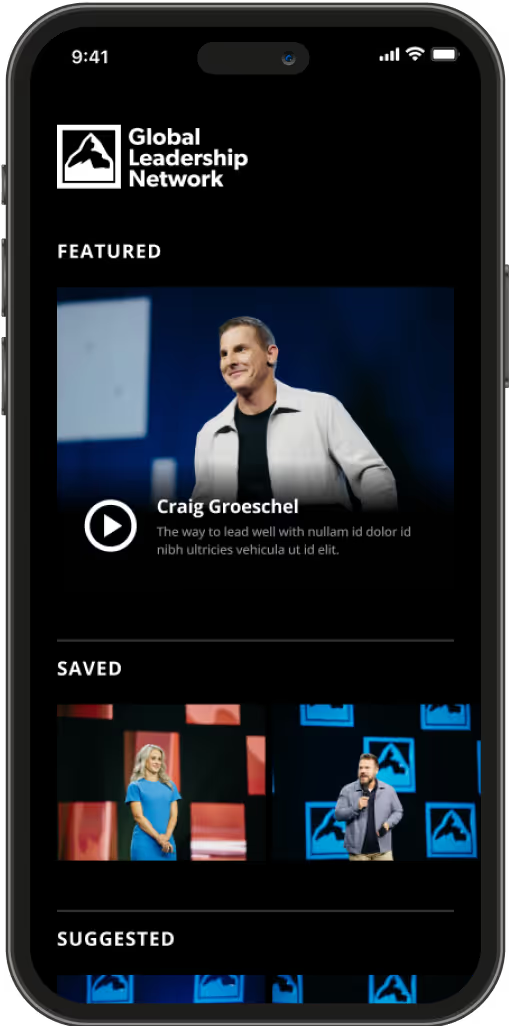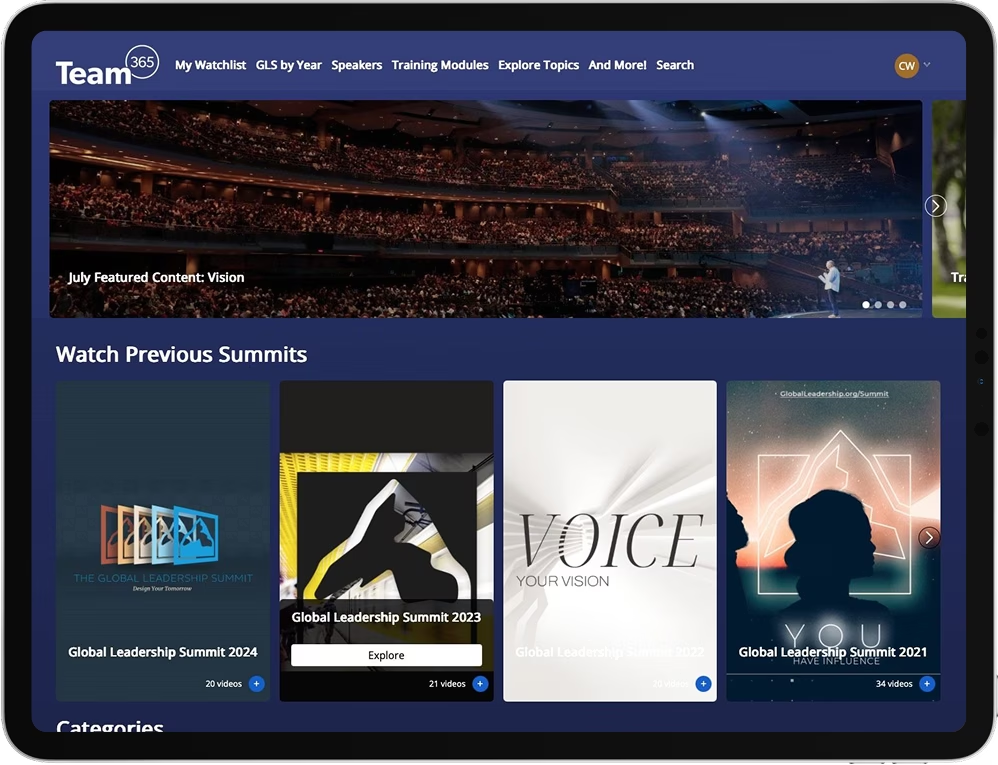Risk comes in many forms. Sometimes risk is a new venture or project at work. Sometimes risk is relational – initiating a new relationship or telling the truth to someone close. But there is a common element in all forms of risk. It is birthed out of vulnerability. And it reminded us of this excerpt from Brené Brown’s (GLS 2013, 2015) excellent work Daring Greatly.
The perception that vulnerability is weakness is the most widely accepted myth about vulnerability and the most dangerous. When we spend our lives pushing away and protecting ourselves from feeling vulnerable or from being perceived as too emotional, we feel contempt when others are less capable or willing to mask feelings, suck it up and soldier on. We’ve come to the point where, rather than respecting and appreciating the courage and daring behind vulnerability, we let our fear and discomfort become judgment and criticism.
Vulnerability isn’t good or bad: it’s not what we call a dark emotion, nor is it always a light, positive experience. Vulnerability is the core of all emotions and feelings. To feel is to be vulnerable. To believe vulnerability is weakness is to believe that feeling is weakness. To foreclose on our emotional life out of a fear that the costs will be too high is to walk away from the very thing that gives purpose and meaning to living.
Our rejection of vulnerability often stems from associating it with dark emotions like fear, shame, grief, sadness and disappointment—emotions that we don’t want to discuss, even when they profoundly affect the way we live, love, work and even lead. What most of us fail to understand and what took me a decade of research to learn, is that vulnerability is also the cradle of the emotions and experiences we crave. We want deeper and more meaningful spiritual lives. Vulnerability is the birthplace of love, belonging, joy, courage and creativity. It is the source of hope, empathy, accountability and authenticity. If we want greater clarity in our purpose or deeper or more meaningful spiritual lives, vulnerability is the path.
I know this is hard to believe, especially when we’ve spent our lives thinking that vulnerability and weakness are synonymous, but it’s true. I define vulnerability as uncertainty, risk and emotional exposure. With that definition in mind, let’s think about love. Waking up every day and loving someone who may or may not love us back, whose safety we can’t ensure, who may stay in our lives or may leave without a moment’s notice, who may be loyal to the day they die or betray us tomorrow – that’s vulnerability. Love is uncertain. It’s incredibly risky. And loving someone leaves us emotionally exposed. Yes, it’s scary, and yes, we’re open to being hurt, but can you imagine your life without loving or being loved?
To put our art, our writing, our photography, our ideas out into the world with no assurance of acceptance or appreciation—that’s also vulnerability. To let ourselves sink into the joyful moments of our lives even though we know they are fleeting, even though the world tells us not to be too happy lest we invite disaster—that’s an intense form of vulnerability.
The profound danger is that, as noted above, we start to think of feeling as weakness. With the exception of anger (which is a secondary emotion—one that only serves as a socially acceptable mask for many of the more difficult underlying emotions we feel), we’re losing our tolerance for emotion and hence for vulnerability.
It starts to make sense that we dismiss vulnerability as weakness only when we realize we’ve confused feeling with failing and emotions with liabilities. If we want to reclaim the essential emotional part of our lives and reignite our passion and purpose, we have to learn how to own and engage with our vulnerability and how to feel the emotions that come with it. For some of us, it’s new learning, and for others it’s re-learning. Either way, the research taught me that the best place to start is with defining, recognizing and understanding vulnerability.
Related

Meet David Ashcraft, Global Leadership Network CEO: A Passion for Leaders

5 Emergency Preparedness Tips to Lead Through Crisis
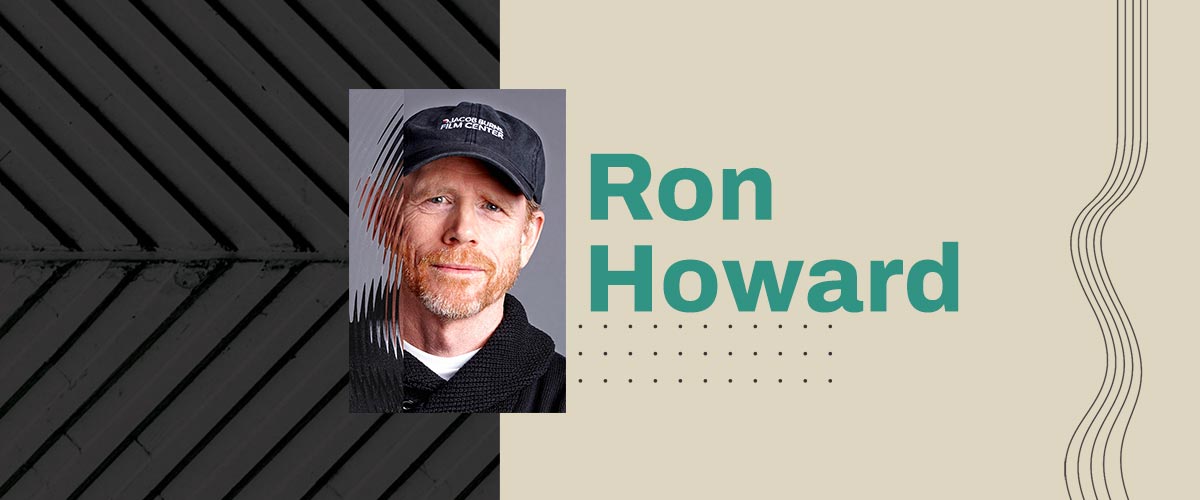
The Leadership Genius Behind a Hollywood Legend—GLS22 Session Notes
.jpg)
Leading the Spark: 5 Books on the Intersection of Creativity and Leadership

“Thank You for Seeing Us as People”: Leadership and Hope Inside Graham Correctional Center

The Tech CEO who sold his home to live with the formerly homeless
Leadership That Lasts
Team365 isn’t just a platform. It’s a commitment to grow, lead and live with purpose — every single day. Whether you’re here for content, community or clarity, you’re in the right place. Your leadership matters. Let’s keep going.
